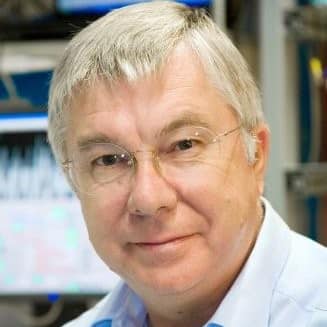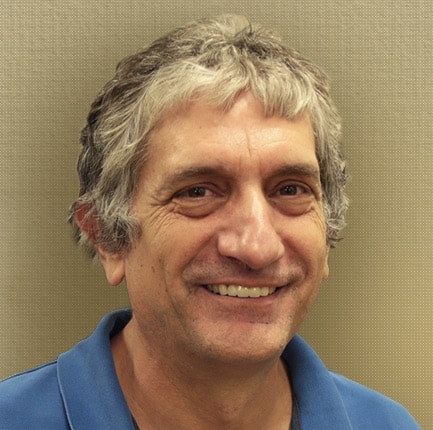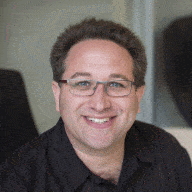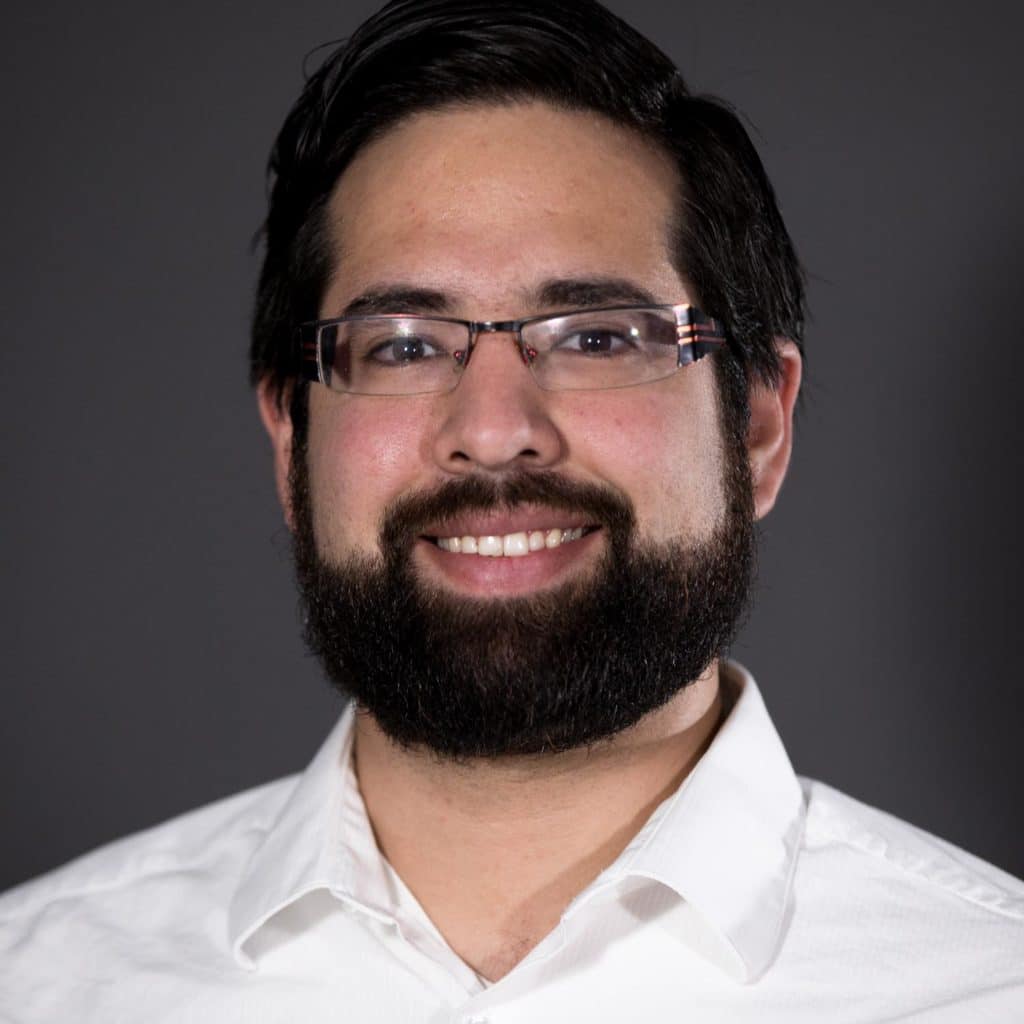Aiming for the Future: Quantum Experts Imagine Quantum Computing in 2050
As we are paving the way towards scalable quantum computing, the quantum ecosystem’s current focus is on solving problems that serve as the most immediate roadblocks. Significantly improving gate fidelity, fabricating increasingly complex QPUs, and building tools for error correction. In the NISQ era of today, our bottlenecks are quite fundamental. However, for a moment during the IEEE QCE 2021, we wanted to press pause on those issues and fast forward into what the future of quantum computing might look like in 2050. Why 2050, you may wonder? Well, it is far enough into the future where we hope most of our current challenges will be solved, but not so far away that quantum computers will be able to fulfill their vast potential quite yet. We were delighted to host a panel with some of the brightest names in quantum:
John Martinis: UC Santa Barbara, USA
Scott Aaronson: University of Texas at Austin, USA
Rainer Blatt: University of Innsbruck, Austria
Alexander Keesling: QuERA Computing, USA
Itamar Sivan: CEO, Quantum Machines
Elsie Loukiantchenko: Quantum Machines
We asked our quantum superstars to imagine themselves in a future where we’ve overcome today’s challenges of the quantum world, and gave them free rein to explore the possibilities of what the quantum ecosystem might achieve by 2050. Here are some highlights from the conversation that took place.
Which qubit platform do you expect the 2050 quantum computer to be?
We constantly hear conversations about the benefits of practical quantum computers, and what they will be able to solve decades, if not centuries, from now. Applications in drug discovery, cryptography, and quantum chemistry are just a few of the cases which are often emphasized. However, very few discussions have been focused on the intermediate steps. We opened our expert panel by focusing on one of the core building blocks for quantum computers. We asked our experts what will be the qubit type of choice in 2050? What will the quantum computing infrastructure look like?

“I don’t think there will be one platform, there will be quite a few. And there might even be platforms that we haven’t thought of yet. In the existing platforms, there are 3-4 which are very promising, and several others are catching up. It’s a race.”
– Rainer Blatt
There is a lot of discussion about future quantum computers operating on hundreds, if not thousands, of qubits, in order to achieve these more advanced applications. This is a huge leap forward from where we had been just two decades ago, as John Martinis pointed out.

“20 years ago we were looking at single qubits in physics, and even operating single qubits was hard. I expect in 2050, we’ll be either quite advanced or we won’t have figured our fidelity scaling issues…but I’m optimistic. I think people are working on the right problems.”
– John Martinis
We were curious to see what kind of platforms experts are expecting, and what architectures they foresee, but as Scott Aaronson noted, the verdict is still up in the air.

“It could be superconducting qubits, it could be trapped ions, it could be photonics. It could be a combination of them. It could be something that hasn’t been invented yet… What we all hope for the most is some platform that would have fault tolerance naturally built-in at the hardware level.”
– Scott Aaronson
What stage will the quantum computer be at in 2050?
As physicists, we tend to get bogged down thinking about one small piece of the big puzzle; sometimes, it’s hard to see the forest for the trees. This is especially true with the current bottlenecks the quantum community is facing. Building a quantum computer requires significant progress and breakthroughs at every layer of the QC stack, but where will we find ourselves once we overcome these challenges? Will we have QPUs with thousands or even hundreds of thousands of highly robust logical qubits 30 years from now? With this in mind, we asked our panelists to step back and imagine the big picture: what will a quantum computer be like in 2050?

“I have no idea whether we’ll have fully error-corrected, fault-tolerant, scalable quantum computers by 2050. I think it’s reasonable to hope that we might.”
– Scott Aaronson
The experts also considered how the types of metrics tracked will shift and change as the quantum industry continues to grow.

“Once we reach quantum error correction, the speed and the metrics we’re using will change over time. The year over year qubit count growth, that we’re measuring now, or even quantum volume will completely change at some point to metrics that are more typical for the industry, just like with classical processors.”
– Itamar Sivan
Overall the panelists were hopeful and positive about the future possibilities of quantum computing in 2050. With amazing minds in the quantum community working together to solve the current roadblocks and envision next steps, the future of quantum computing is bright.

“We are entering a very interesting situation where we have devices that are getting large enough to put in people’s hands and let them explore. That was a big revolution in classical computing, giving access to everyone. Through trial and error, that led to huge advances, and I think this is going to be true with quantum computing as well.”
– Alex Keesling
What kind of quantum control challenges do you foresee in the 2050 quantum computer?
Already quantum computers with over 100 qubits have been built. With each additional qubit added, it becomes more and more important to have a seamless and flexible quantum control system to enhance the QPU’s performance. When several thousand-qubit computers are achieved, and then beyond, significant leaps in the control stack will have to be made. Our experts took a moment to consider possible future quantum control challenges.

“Today in most groups, even leading companies, you have an FPGA controlling a dozen qubits. If you multiply both by a million, of course, the control explodes. This is a fundamental thing that stems from the fact that we’re controlling quantum systems with classical systems and the differences in the space they each live in.”
– Itamar Sivan
Curious to hear the conversation that unfolded and discover the rest of the insightful answers our panelists had? Check out the full video.